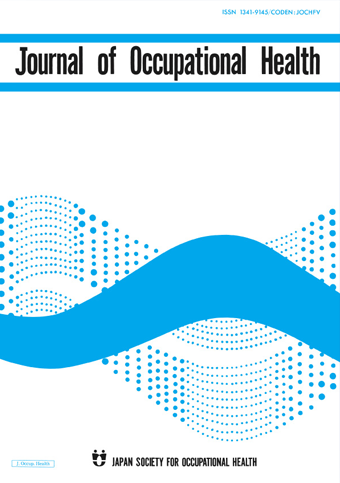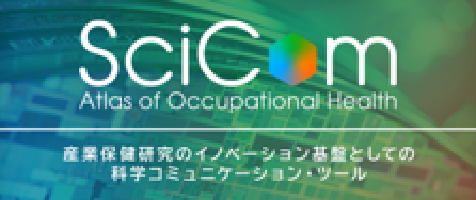Empowering Elderly Patients with Acquired Brain Injuries to Return to Work
Patients with acquired brain injuries (ABI) often suffer from physical, cognitive, and emotional decline, which can challenge their ability to return to work (RTW). While the prevalence of ABI is known to increase with age, previous research has shown that people less than 65 years of age find it easier to RTW after rehabilitation and treatment. However, with the changes in global population and employment dynamics, it is also important to understand how elderly individuals (aged 65 or greater) cope with RTW.
In this study, researchers in Japan undertook a comparison of RTW rates between the elderly and working-age patients with ABI. They assessed the clinical records of patients receiving acute treatment for ABI (such as stroke, traumatic brain injury, or postoperative benign brain tumor) in an inpatient setting, and observed their recovery and RTW post-discharge in the outpatient settings.
This study was conducted on 62 patients consisting of 35 in the working-age group (less than 65 years of age) and 27 in the elderly group (more than 65 years of age). To determine the factors that influenced successful RTW, the groups were further stratified according to occupation types and the presence or absence of partial muscle weakness or paralysis (hemiplegia).
The researchers found that more elderly patients with ABI can return to their workplaces compared to working-age patients. In contrast to previous findings, this result suggests that age may not be a significant predictor of successful RTW among patients with ABI.
Rather, the findings suggest better RTW rates for white-collar workers over blue-collar workers, and no difference among white-collar workers in the working-age and elderly groups.
The researchers also found evidence that elderly patients with ABI can benefit from mental health support as well as redeployment to less physically demanding roles on returning to work.
Overall, the study suggests that employment support may not only be important for working-age individuals, but also for elderly patients who wish to RTW post-recovery from ABI. Furthermore, workplaces can consider offering flexible work timings, suitable occupation types, and work contents that align with the convenience of elderly workers intending to RTW. Thus, with adequate medical and employment support, elderly patients with ABIs can also hope to return to the workplace like their working-age counterparts.
Link to the original journal article:
https://www.jstage.jst.go.jp/article/eohp/4/1/4_2021-0024-OA/_article/-char/en
Return to work among elderly patients with acquired brain injuries
Takeru Umemura, Kenji Hachisuka, Satoru Saeki, and Junkoh Yamamoto
Here are some ways you can make it easier for your plain-language summary to be discovered once it has been published:
- Upload the summary on your personal, lab/research group, or university website.
- Share the published content with peers and colleagues through your personal social media accounts (Facebook, Twitter, Blogs, and LinkedIn). Link this back to the journal’s social media promotions for your paper.
- Include the link to the published post in your email signature line.
News & Announcement
-
Mar 14, 2025EOH-P has been listed on PMC/PubMed!The articles published in EOH-P have been registered with PMC/PubMed, the U.S. Nation...
-
Jun 11, 2021Lay Summary page open!Lay Summary page provides you article summaries in order of study categories. You can...
-
Oct 1, 2019EOH-P is now released!The Environmental and Occupational Health Practice (EOH-P) has been released. Please ...
Journal Info
Average 46.14 days from submission to first decision
Average 120.95 days from submission to acceptance







